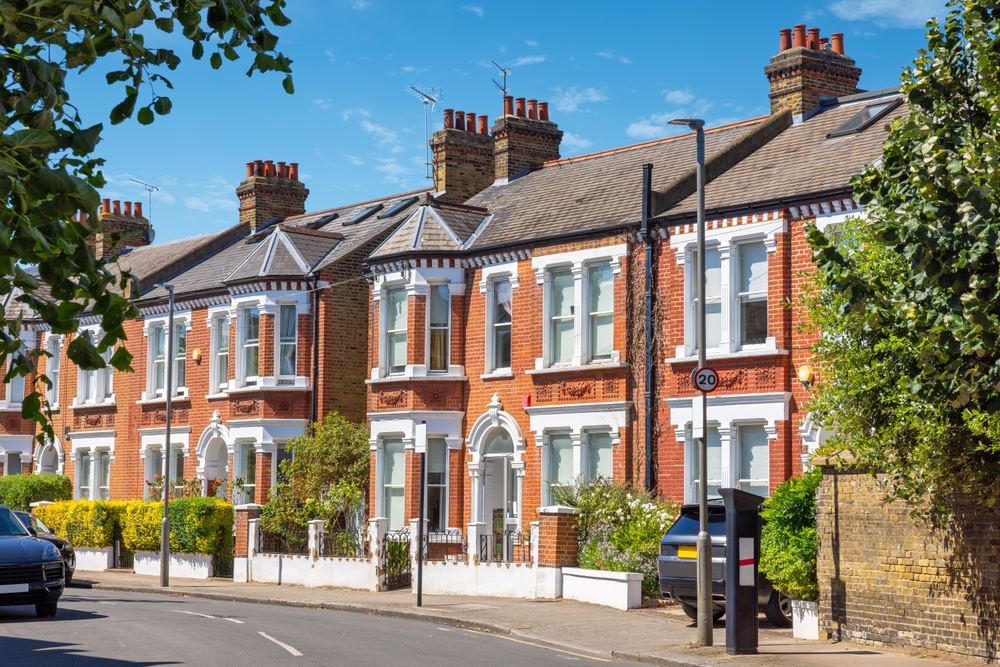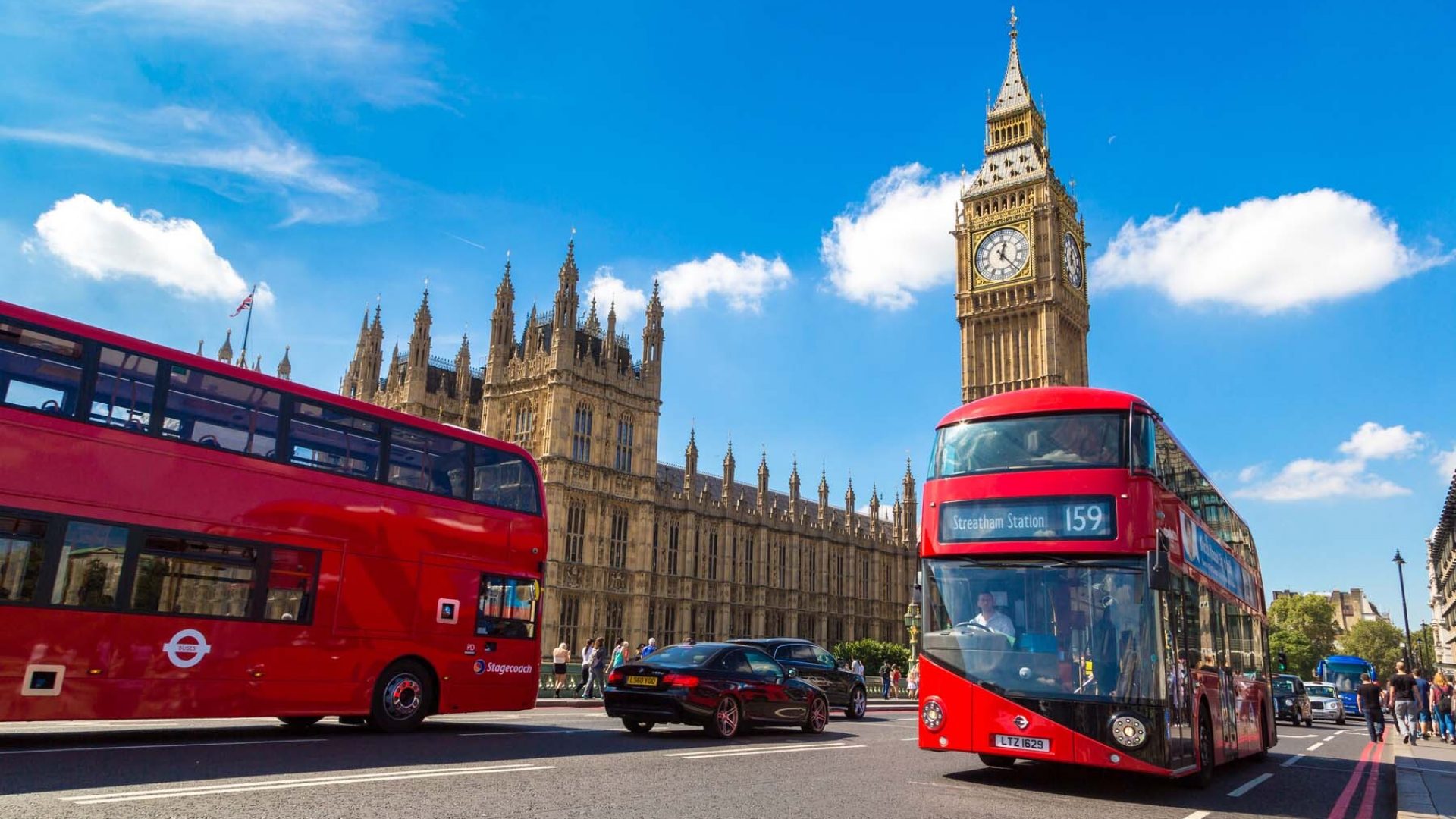The Real Cost of Living in the UK: What Immigrants Need to Know Before Moving
Moving to the UK can be an exciting new chapter, but it’s essential to understand the costs involved clearly. I’ve been through this myself, and I know how helpful it is to be prepared.
In this guide, I’ll explain the real cost of living in the UK, from housing and transportation to healthcare and daily living costs. By the end, you’ll better understand what to expect and how to plan your budget for a smooth transition.
Read: Economic Researchers Uncover the Top No-Certificate Jobs Helping Immigrants Succeed in the UK
Housing Costs
Housing is often the biggest expense for anyone living in the UK, and understanding the options can help you manage your budget better.

Rental Prices
- London: Renting a one-bedroom apartment can cost around £1,500–£2,500 per month in central areas, while suburbs offer options closer to £1,200.
- Manchester: Expect to pay around £800–£1,200 per month for a similar apartment.
- Smaller Towns: Rental prices drop significantly, with many towns offering apartments for £500–£900 per month.
Buying a Home
For those considering purchasing a home:
- Mortgage Options: Deposit requirements typically start at 5–10% of the property value.
- Upfront Costs: Additional expenses include legal fees, stamp duty, and surveys.
Utilities
- Electricity, Water, Gas: Expect to spend £100–£150 per month for a small apartment.
- Council Tax: Rates vary but average around £100–£250 per month, depending on location and property size.
Tips
- Use property websites like Rightmove or Zoopla to compare housing options.
- Consider shared accommodation or living in the suburbs for more affordable prices.
Food and Grocery Expenses
Food costs in the UK vary, but affordable options make it easier to manage expenses.
Supermarket Chains
- Budget-Friendly Options: Aldi and Lidl are known for their low prices.
- Mid-Range Choices: Tesco and Sainsbury’s offer budget and premium products.
- Weekly Costs: A single person might spend £30–£50, while a family could budget around £80–£120.
Dining Out
- Takeaways: Meals typically cost £10–£15.
- Restaurants: Dining out averages £20–£40 per person, depending on the location.
Tips
- Save money by cooking at home.
- Use loyalty programs like Tesco Clubcard or Sainsbury’s Nectar to earn discounts.
- Look for deals on grocery store apps.
Transportation Costs
Getting around the UK offers flexibility, but costs can add up depending on your choices.

Public Transport
Monthly Passes:
- London Underground: Around £140–£200 for zones 1–4.
- Regional Buses: Average £50–£80 per month.
- Trains: A commuter season ticket can range from £150 to £500 depending on the distance.
Car Ownership
- Fuel Costs: Around £1.50 per litre.
- Insurance: Costs vary but average around £400–£700 annually.
- Parking and Maintenance: Add £100–£200 monthly.
Cycling or Walking
In urban areas, cycling and walking are cost-effective and healthy options, with minimal expenses for bike maintenance.
Tips
- Invest in a railcard or season ticket for regular train travel.
- Consider car-sharing services like Zipcar or buy a second-hand vehicle to save money.
Read: UK Taxes for Immigrants: What You Need to Know About PAYE, NI, and Self-Assessment
Healthcare Expenses
The National Health Service (NHS) provides essential healthcare services, but some costs still apply.
NHS Services
Free Services:
- General practitioner (GP) visits, hospital treatments, and emergency care.
Paid Services:
- Prescriptions: £9.65 per item in England (free in Wales, Scotland, and Northern Ireland).
- Dental Care: Basic checkups start at £25, while more complex treatments cost up to £300.
- Eye Tests: Average £20–£30, with additional costs for glasses or contact lenses.
Private Healthcare
- Insurance: Monthly premiums range from £50–£200 depending on coverage.
- Treatment Costs: Private consultations or surgeries can cost several hundred to thousands of pounds.
Tips
- Register with a local GP as soon as you arrive.
- Use NHS services when possible to save money.
- Look for prescription discount cards if you need regular medications.
Education and Childcare Costs
Education and childcare are significant considerations for immigrants moving with families. Understanding your options can help you plan better.
Public Schools
- Education in public schools is free for children aged 5–18.
- The government funds schools and follows the national curriculum.
Private Schools
- Tuition fees for private schools typically range from £10,000–£20,000 annually per child.
- These schools often provide smaller class sizes and additional extracurricular activities.
Childcare
- Nursery Fees: Full-time nursery care averages £1,000–£1,500 monthly.
- Babysitting and After-School Care: Rates vary between £10–£15 per hour or a fixed weekly cost.
Tips
- Apply for government childcare support schemes like tax-free childcare or free nursery hours.
- Research school catchment areas before choosing a place to live to secure access to good schools.
Miscellaneous Living Costs
Daily and occasional expenses often add up, so budgeting for these costs is crucial.
Clothing
- Average spending on clothes ranges from £50–£150 per month depending on lifestyle.
- Seasonal items like winter coats may cost more, so plan.
Entertainment
- Cinema Tickets: Average £10–£15 per person.
- Gym Memberships: Cost between £20–£50 per month, with budget gyms like PureGym at the lower end.
- Social Activities: Dining out or attending events may cost around £20–£50 per outing.
Internet and Phone Bills
- Broadband packages cost around £25–£40 per month.
- Mobile phone plans range from £10–£40 per month, depending on data and call allowances.
Tips
- Use comparison websites like Uswitch or Compare the Market to find deals on utilities and services.
- Look for free or discounted entertainment options in your local area.
Read: Career Experts Reveal the Most Surprising No-Certificate Jobs Helping Immigrants Thrive in the UK
Managing Finances in the UK
Effective financial management is essential for adjusting to life in the UK and ensuring long-term stability. With the right tools and strategies, you can maximize your earnings and avoid unnecessary financial stress.

Budgeting Tools
Use budgeting apps like Monzo, Revolut, or YNAB (You Need a Budget) to monitor your spending and savings.
- Monzo: Helps categorize expenses and set spending limits for categories like groceries or entertainment.
- Revolut: Offers additional features like currency exchange and budgeting tools for international transactions.
- YNAB: Ideal for detailed budgeting, helping you allocate every pound effectively.
Set spending alerts or limits to avoid overspending and maintain a healthy financial balance.
Opening a Bank Account
Opening a UK bank account is one of the first steps toward managing your finances efficiently. Popular banks for immigrants include HSBC, Barclays, Lloyds, and digital options like Monzo or Starling Bank. To open an account, you’ll typically need:
- Proof of Identification: Passport, biometric residence permit, or national ID card.
- Proof of Address: Utility bills, tenancy agreements, or a letter from your employer.
- Some digital banks like Monzo may have fewer requirements, making them a convenient option for new arrivals.
Compare banks for features like low fees, international transfer options, and online banking convenience.
Currency Exchange
Using cost-effective currency exchange services can save you significant amounts if you send money back home.
- Services like Wise, Revolut, or PayPal offer lower fees and better exchange rates than traditional banks.
- Avoid using high-fee services like standard bank transfers or airport money transfer outlets.
- For frequent transfers, look into subscription services that offer lower rates for regular use.
Tips for Financial Success
- Create a Monthly Budget: Divide your income and expenses into categories such as housing, transportation, groceries, and savings.
- Stick to Your Budget: Use tracking tools to ensure you stay within limits and adjust as needed.
- Save for Emergencies: Set aside 3–6 months’ living expenses in an accessible savings account.
- Look for Free Financial Advice: Many local community centers or charities provide free services to help immigrants manage their finances better. Examples include Citizens Advice or MoneyHelper.
- Avoid High-Interest Debt: Use credit cards sparingly and pay off balances in full monthly to avoid costly interest charges.
By taking these steps, you’ll be better prepared to manage your finances, reduce stress, and build a strong financial foundation in the UK. Moving to the UK requires careful financial planning. By understanding key expenses like housing, childcare, and daily living costs, you can prepare for a smoother transition. A well-planned budget and cost-saving strategies will allow you to thrive financially while enjoying life in the UK. Make informed choices today to set yourself up for success!

I’m a skilled trade migration worker, looking for employment as a mechanical artisan fitter maintenance in UK or Canada from Kitwe copperbelt province Zambia Africa.
Thank for briefing! I’m thinking to get a job in Uk.but some issues and I am trying to solve.I need job as trailer driver.